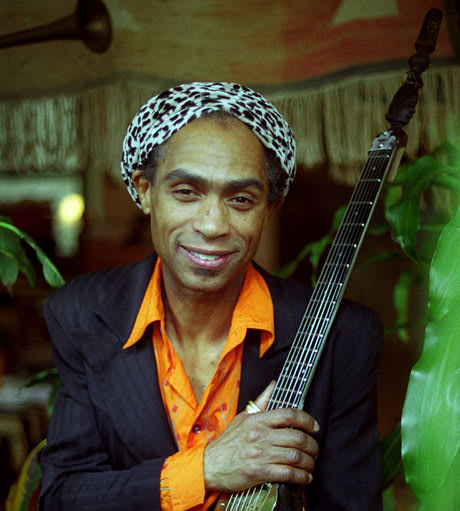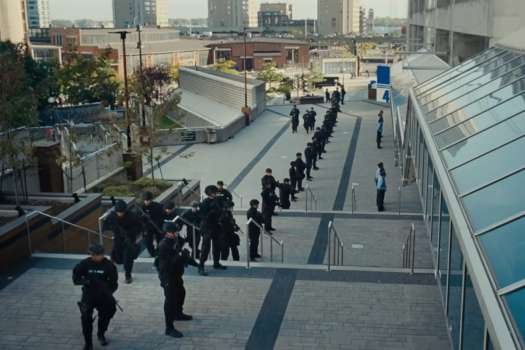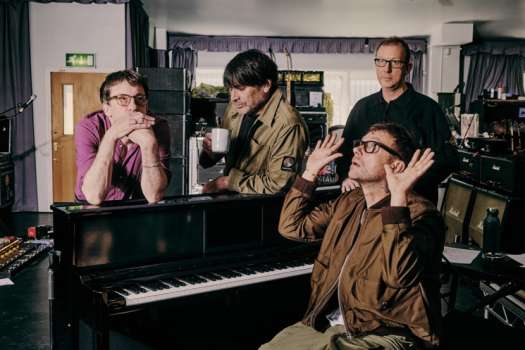Sun Ra is a popular touchstone for groove makers seeking a cosmic connection but few admirers capture more than a tiny fraction of the man's peculiar genius. Even former Arkestra members tend to produce watered-down, overly linear homages. On Ka'a Davis is the rare exception to that rule, and has created an astonishing disc that raises the ante on Ra's concepts while mixing in more contemporary African grooves. Davis calls his style "Djuke," and at its heart it's a combination of Afrobeat, free improvisation, electronics and persistent guitar riffage. The originality of the grooves is overwhelming. Each song threatens to fall apart under thick layers of percussion, vocals and heroic horns led by Black Artists Group survivor Luther Thomas. However, each track finds its rubbery rhythm. Taken together, these become a spellbinding suite. Every inside and outside notion of a century of African American music is embodied in this sound. Davis succeeds throughout an entire album in articulating the free, funky spirit that Ornette Coleman was reaching for with his Prime Time bands. If you have any interest in the spiritual and spatial aspects of Afro-American futurism, you need to own this album. This is my favourite album of the year so far.
How did you build these songs? Were they written beforehand or constructed in the studio?
The process for recording a lot of the material was getting the musicians together and going over actual scores with concrete ideas, with harmonic and rhythmic schemes. We'd rehearse and record. From the recordings, I'd decipher the material, some of which was overdubbed, and do some layering and some edits. So I guess it's like a three-point approach.
What kinds of musical influences went into the Djuke sound?
Sun Ra is a strong influence in how I hear the music segments being put together, Fela Kuti as well. The Motown sound, R&B that I grew up with; I'm from Ohio, the land of the Ohio Players! Also, a lot of what I was hearing in my head is somehow attached to the rhythmic order of the Gullah culture, of Georgia and South Carolina. I translate the complex rhythms of the drums and the foot stomps and handclaps to instruments, in particular the guitar. You get what I call a "pulse beat" effect, [which is] kind of elliptic, especially if one rhythm is offset against another; it's very entrancing.
(Live Wired)How did you build these songs? Were they written beforehand or constructed in the studio?
The process for recording a lot of the material was getting the musicians together and going over actual scores with concrete ideas, with harmonic and rhythmic schemes. We'd rehearse and record. From the recordings, I'd decipher the material, some of which was overdubbed, and do some layering and some edits. So I guess it's like a three-point approach.
What kinds of musical influences went into the Djuke sound?
Sun Ra is a strong influence in how I hear the music segments being put together, Fela Kuti as well. The Motown sound, R&B that I grew up with; I'm from Ohio, the land of the Ohio Players! Also, a lot of what I was hearing in my head is somehow attached to the rhythmic order of the Gullah culture, of Georgia and South Carolina. I translate the complex rhythms of the drums and the foot stomps and handclaps to instruments, in particular the guitar. You get what I call a "pulse beat" effect, [which is] kind of elliptic, especially if one rhythm is offset against another; it's very entrancing.




